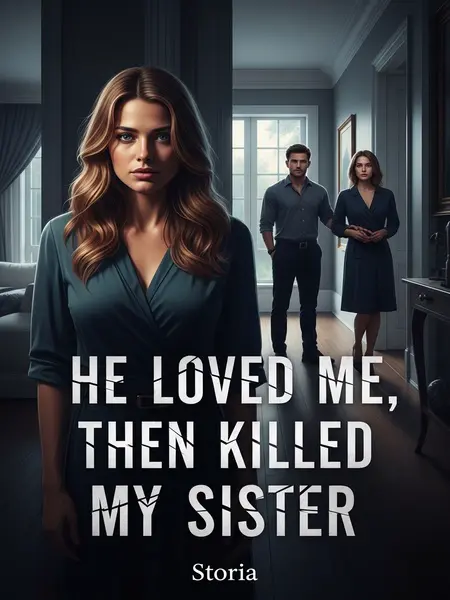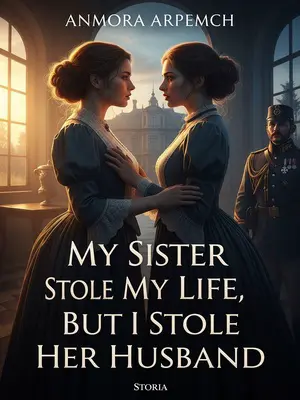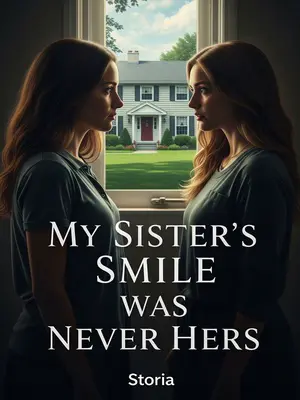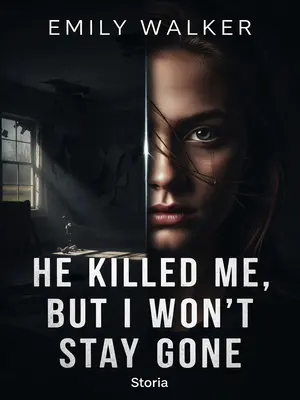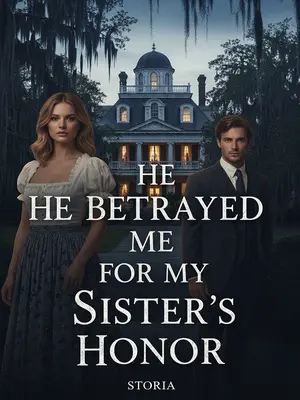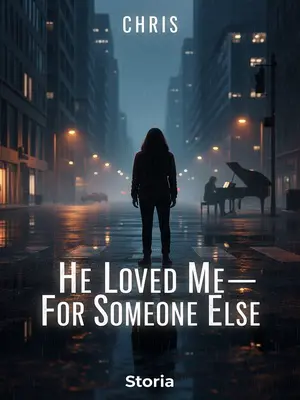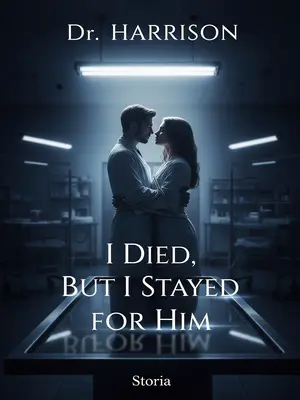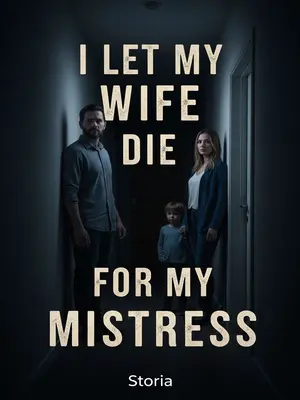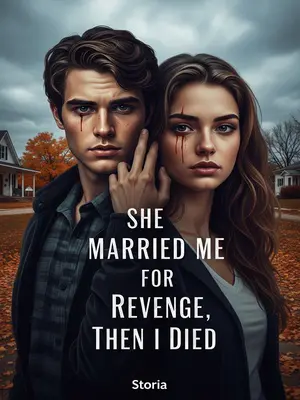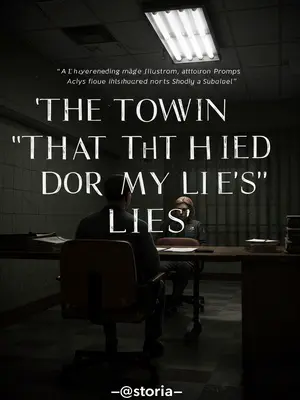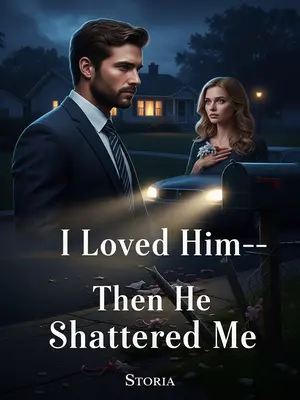Chapter 1: The Warning in Her Eyes
The first time I visited my boyfriend’s house, I met the girl he could never forget—the one who got away, his first love—who had just been released from the hospital.
I remember stepping through the front door, the air inside thick with the scent of lemon cleaner and something faintly floral—maybe his mom’s perfume lingering in the hallway. There she was, slumped against my boyfriend’s side, her pale fingers clutching his sleeve like it was her lifeline. It was almost theatrical, but it worked on everyone in the room—including me. Her eyes, wide and searching, flicked to me with a look that was half challenge, half wounded animal. It made me want to look away, but I couldn’t.
Before she left, she slipped a note into my hand. I blinked, caught off guard—was this for me? For a second, I wondered if I’d imagined it, but the folded paper was definitely there.
Her hand was cold, almost clammy, and the paper felt damp against my palm. I shivered, not sure if it was from her touch or the words I hadn’t read yet. I barely had time to react before she was gone, the faint trace of her perfume lingering—a little too sweet, almost artificial.
There were only two words on it:
—Run. Now.
Looking back, I realize now how much I missed that first warning.
The place was classic suburban—three stories of beige siding and dark green shutters, set back from the street with an old basketball hoop over the garage. You know the type—everything neat, nothing out of place. I remember my heart pounding a little as I rang the bell, trying to convince myself I belonged here.
At the dinner table, Mason’s mother asked, “So, Sierra, are your parents still abroad?”
She smiled, but it was the kind of smile you give when you’re fishing for something. Her nails tapped lightly on the tablecloth, a nervous little rhythm. The chandelier above us cast soft, golden light on the plates of pot roast and mashed potatoes.
I thought for a moment and replied, “We’re not really close. They probably won’t be back anytime soon.”
There was a brief silence. The clink of Mason’s fork against his plate filled the gap. I could feel the weight of her curiosity pressing in, but I kept my voice steady.
She wanted to ask more, but Mason cut her off.
“Mom, let it go. That’s Sierra’s family business.”
He put his arm around my shoulders and spoke gently, “What I care about is Sierra herself. I’ve already made up my mind about her.”
His thumb traced slow circles on my arm, a small, grounding gesture. I caught his dad watching us over the rim of his glasses, his expression unreadable.
I couldn’t help it—I got a little choked up. So I looked Mason’s parents in the eye and said, “My parents have already handed me the family business, and all the accounts are in my name.”
I let my words hang there, letting the implication settle. The idea of a young woman in charge of a family company seemed to impress them, judging by the quick exchange of glances between his parents.
“As for marrying Mason, that’s my decision to make.”
Mason gently squeezed my hand, our fingers laced together, his eyes filled with a love so deep it almost hurt to look at.
He leaned in just a little, his forehead brushing mine. I could see the faint dimple in his cheek, the one that only showed up when he was truly happy. For a moment, it felt like we were the only two people in the room.
After dinner, Mason’s parents went out for a bit.
The house felt quieter, the ticking of the old grandfather clock in the hallway suddenly loud. I wandered into the living room, the floor creaking underfoot, and casually picked up a family photo from the table.
The four people in the photo were standing in the backyard, next to a big oak tree. For a second, I wondered about the silence—how much had changed since that picture was taken.
Sunlight filtered through the leaves, dappling the grass with gold. Mason was grinning, his arm slung around a girl in a white dress. The other two—his parents—stood on either side, everyone squinting into the sun.
Next to Mason stood a girl in a white dress.
Her hair was long and loose, and she looked younger then, the kind of girl who might have laughed at bad jokes and run barefoot through the grass.
I pointed at her and asked, “Who’s she?”
Mason was staring out at the heavy rain, looking uneasy. His jaw was tight, and his fingers drummed against the windowpane. For a moment, the tension in the room felt sharp enough to cut.
When he came back to himself, he took the photo from my hand and answered calmly:
“She was a student our family sponsored. After she came to the city for school, she always lived here.”
He said it with a practiced ease, but there was a shadow in his eyes, like he was holding something back. The rain hammered harder against the glass, making the room feel smaller, almost claustrophobic.
I asked, “So why isn’t she here today?”
Mason sighed. “She’s in a psychiatric hospital.”
He avoided my gaze, his voice barely above a whisper. There was a heaviness to his words that made me shiver, even though the room was warm.
He added, “She has a hereditary mental illness. When she’s having an episode, she says strange things.”
His words hung in the air, awkward and heavy. I could tell he was trying to be honest, but there was a distance there—something he wasn’t saying.
Just as he finished, the doorbell rang, making us both jump.
It was a sharp, insistent ring, echoing through the quiet house. My heart skipped a beat, and Mason’s eyes widened. We both froze for a second, listening.
When Mason opened the door, he froze.
Standing outside was a girl soaked to the skin. My breath caught—a jolt of something like dread ran through me.
